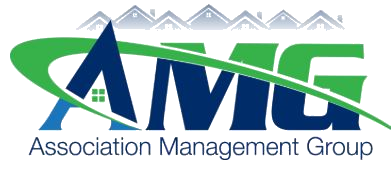How to Increase Your Neighborhood Engagement
/A majority of Americans are stuck in the endless loop of home-work-home. This hectic life has disallowed most of us to make new human connections. A recent survey suggests that many people don’t know their neighbors. Resolving this should be a primary concern for community leaders.
If you are a board member of any homeowners association (HOA), you are responsible for ensuring that neighbors at least get to know each other. Here are some ways through which you increase homeowner participation in your community:
1. Form Committees
From new arrivals to neighborhood old-timers, committees provide an excellent opportunity for people to come together and get to know each other. Different committees are responsible for various activities. An annual meeting will provide a perfect time for residents to come together and discuss ideas and learn more about people’s interests.
2. Welcome New Residents to the Neighborhood
Your HOA may have a person to welcome new residents to the community. This will make them feel included and get things off to a great start.
3. Recognize Your Community Volunteers
Volunteers are a big part of any neighborhood. It is important to recognize the volunteers for the work they have done to uplift the neighborhood. This recognition will not only go a long way in uplifting volunteers’ spirit, but it will also increase engagement among residents.
4. Use Technology
You can always use technology to increase social interactions. It depends on your association to choose any technological solution that can help increase neighbors’ connection. A digital newsletter notifying residents of events, awards, recognition of residents, and updates is a great way to increase engagement.
5. Have Fun Together
National holidays and festivals can give you a great chance to come together and have fun. Make sure that your neighborhood comes together to celebrate select days. If your HOA does not have a person in charge of planning events for the neighborhood you may want to volunteer to head up a committee for event planning.
The Final Word
Our hectic lifestyle has forced us not to make many connections. For most of us, home is the place where we come after a long day at work, just to sleep. This, obviously, doesn’t allow residents to come together and talk. To increase engagement, you will have to make an effort to ensure that your neighbors get to know each other.





































